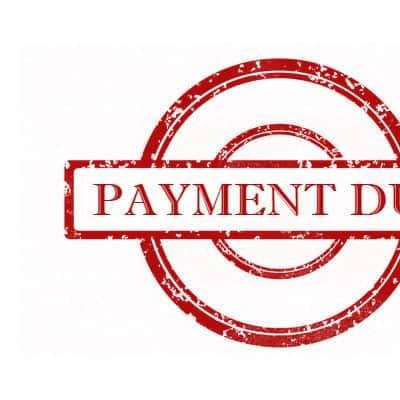Progress Made on Tackling Late Payments With Further Steps Being Taken
This is a guest article by Oliver Kidd, Senior Associate at Stevens & Bolton. The article first appeared on the Stevens & Bolton website.
Over recent years the government has taken steps to tackle the problem of late payment between businesses in the UK - a particular issue for SME suppliers.
Recent measures
As part of promoting a ‘responsible payment culture’, April 2017 saw the introduction of a new Duty to Report on Payment Practices and Performance for large companies and LLPs. More recently, the Small Business Commissioner was given new powers to deal with late payment disputes on behalf of small businesses, and certain representative bodies have been given the right to challenge the use of “grossly unfair” payment terms and practices on behalf of their members.
These measures were all introduced against the backdrop of some fairly damning statistics. It was reported that half of all SMEs say they are routinely paid late for their goods or services and it was estimated that around £26 billion was owed in late payments.
The recent focus on addressing this issue seems to be gaining some traction. Whilst initial awareness and uptake of the new measures, in particular the ‘Duty to Report’, was lacking in some areas, progress can now be seen. It is now being reported that the amount owed to smaller businesses in late payments has more than halved since 2012.
That said, the level of late payment debt owed to SMEs remains far too high and many small businesses have no choice but to trade on terms which are too long, imposed on them by larger customers.
Next steps
To continue the focus, two new steps are being taken.
Firstly, in order to increase business confidence in the voluntary Prompt Payment Code it has been decided that:
- the Small Business Commissioner will join the Prompt Payment Code's ‘Compliance Board’ to provide independence from industry signatories and further compliment his new role in tackling late payment;
- the Compliance Board will consider all complaints made to it as part of regular reviews; and
- the Compliance Board will publish its findings, including decisions to remove signatories from the Code for poor payment performance.
Secondly, the Department for Business, Energy & Industrial Strategy (BEIS) has issued a call for evidence seeking views on what more the government can do to create a responsible payment culture. In particular, BEIS is interested to hear about:
- current experiences of businesses in their payment practices;
- the impact of existing measures to improve payment practices and what more can be done to further refine measures and promote good practice; and
- whether new measures should be introduced to further promote a responsible payment culture.
Insight
The call for evidence seems a good opportunity to give a practical insight into the late payment issue and also evaluate progress being made on the ground. The focus so far has been on promoting a responsible payment culture through transparency of reporting and board room accountability. It seems unlikely we will see a maximum payment term of, say, 60 days, prescribed by law.
The legislators seem too concerned that the maximum may well become the default in certain cases, which could lengthen terms. It is hoped instead that the existing ‘softer’ approach will continue to have a positive impact of encouraging businesses to be seen to agree reasonable terms and then honour those terms by paying on time. If there are any concerns around whether this approach is effective, now is the time to raise them.
On the reporting duty itself, whilst we are not aware of any enforcement action having been taken so far, failing to report when required or reporting misleading information attracts criminal liability and potentially hefty fines, so the Regulations should not be ignored. To understand whether your business has a duty to report on payment practices and what information needs to be provided, please see here (opens PDF).
